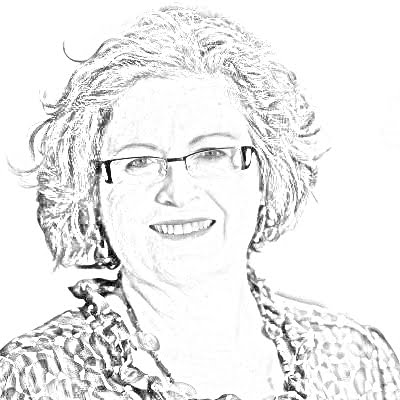Sydney is ratcheting up its efforts to become a significant player in the nascent quantum economy.
The University of Sydney and UNSW both have major quantum computing research initiatives underway, and the NSW Government has now established a $26 million fund to support further research into the field.
And Microsoft this week also announced a multi-year quantum computing partnership with the University of Sydney.
Asked about the importance of the NSW Government commitment Michelle Simmons, Scientia professor of physics at UNSW and director of the Centre for Quantum Computation and Communication Technology said; “Any investment in quantum technology is an investment in the future. This is a great announcement – we have one of the largest concentrations of quantum capability in the world, and we always welcome interest from new investors. Sydney is the place to be right now.”
Quantum computing is an attempt to overcome the limitations of Moore’s Law, which is challenged by the laws of physics as chips get smaller and more densely packed with circuitry. By harnessing the quantum effects of matter scientists hope to make computers orders of magnitude more powerful than today’s systems.
Unlike classical computers which are built from bits, which can be assigned a value of 0 or 1, quantum computers are made up of qubits which can have a value of 0, 1 or anything in between, theoretically allowing much faster processing.
Scientists believe once quantum computing is commercially available it will be able to help solve some of society’s most intractable problems including climate change, sophisticated logistics and new drug and materials development.
Announcing NSW’s $26 million quantum computing fund, Deputy Premier John Barilaro said; “It’s widely recognised globally that NSW is well and truly punching above its weight in the field of quantum computing, and the State Government is keen to ensure our researchers maintain their world-leading position in what’s being dubbed the new “space race” – the race to build the world’s first quantum computer.
“It’s impossible to over-state the potential benefits of this technological innovation in terms of economic growth and job creation,” he added.
Exactly how the fund will work, how the money will be spent or who will make those decisions has not been revealed, but the NSW Government has promised more detail shortly.
In the meantime major corporations are already exploring quantum. Telstra and Commonwealth Bank have both committed millions of dollars to the UNSW quantum computing initiative, and CBA earlier this year announced it had developed a quantum computing simulator that could be used by researchers to start planning a new class of quantum computing applications.
It may be a while before they can test them out on real quantum computers however.
Prof Simmons said that teams of researchers around the world were now working with between 10 and 20 qubits at a time to demonstrate “quantum supremacy” and prove that a quantum computer can outperform a conventional computer for a particular calculation.
“This important milestone will prove that quantum computers have advantages over classical computers and the challenge will then be to determine which near-term applications become the most viable commercially,” Prof Simmons said.
“The quantum algorithm field is trying to figure out what is the smallest size quantum computer – the number of qubits – needed to perform a task that is commercially appealing.
“It is likely that hardware and algorithm development will go hand in hand. Once you have working hardware you can figure out how it behaves and that will inform the software and algorithm development,” she said.
“However from the demonstration of supremacy – which some groups are predicting by the end of this year – you would be looking for about five to ten years for a commercial application.”
In the meantime researchers can avail themselves of quantum simulators, or seek access to quantum computing services from companies such as IBM which offers researchers cloud based access to a 16-qubit system to allow early experimentation.
The multi-year partnership between Microsoft and the University of Sydney announced yesterday will see Station Q Sydney, which is housed in the University’s $155 million Nanoscience Hub, strive to develop a working quantum computer.
Station Q Sydney, led by scientific director Professor David Reilly, is one of four experimental quantum computing teams being funded by Microsoft globally.
Announcing the arrangement, Duncan Ivison, deputy vice-chancellor of research at the University agreed with Mr Barilaro, describing quantum computing as the “space race of our generation.”
David Pritchard, chief of staff for Microsoft’s artificial intelligence and research group, who was in Sydney for the announcement said the company’s ambition was to participate in research that would become “the nucleus of quantum economies by partnering with universities” on research and building quantum skills among scientists and entrepreneurs.
Do you know more? Contact James Riley via Email.

